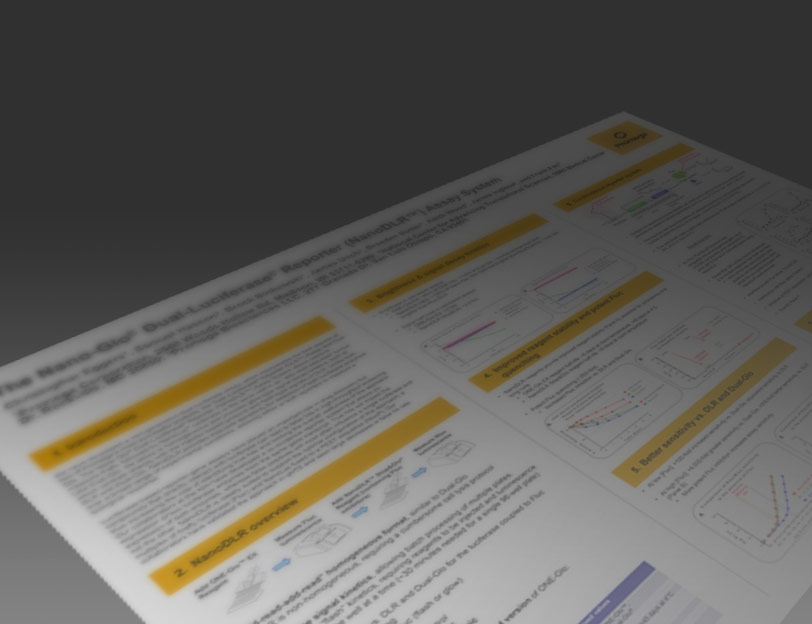Macrophage-Directed Bioassays
Developing molecules that target monocyte or myeloid immune pathways? Looking for easy-to-use functional bioassays to characterize your therapeutic?
Our industry-leading suite of macrophage-directed bioassays are a critical tool for researchers developing immunotherapy drugs targeting innate immune pathways. With a convenient thaw-and-use format, our cellular reporter assays enable you to quickly and accurately screen your molecules to determine potency and stability, while ensuring assay to assay reproducibility.
Filter By
Showing 4 of 4 Products
What are Macrophage-Directed Bioassays?
Macrophage-directed therapies have emerged as a promising avenue in the field of immunotherapy, harnessing the unique biology of macrophages to eliminate pathogens and cancer cells. These therapies focus on enhancing macrophage functions, such as antibody-dependent cellular phagocytosis (ADCP) mediated by Fcγ receptors, to improve the clearance of targeted cells. Additionally, the manipulation of macrophage-associated receptors, including Toll-like receptors (TLRs) and the immune checkpoints SIRPα/CD47 and ILT4(LILRB2), holds great potential for modulating macrophage activation. By exploiting the multifaceted nature of macrophages, these targeted approaches aim to revolutionize the treatment of various diseases, from infectious disease to cancer.
Biologic therapeutics are in clinical trials to test these mechanisms of action as a promising strategy for cancer immunotherapy. Cell-based reporter bioassays are critical tools to quantify the activity of these molecules for ranking, potency and stability purposes.


